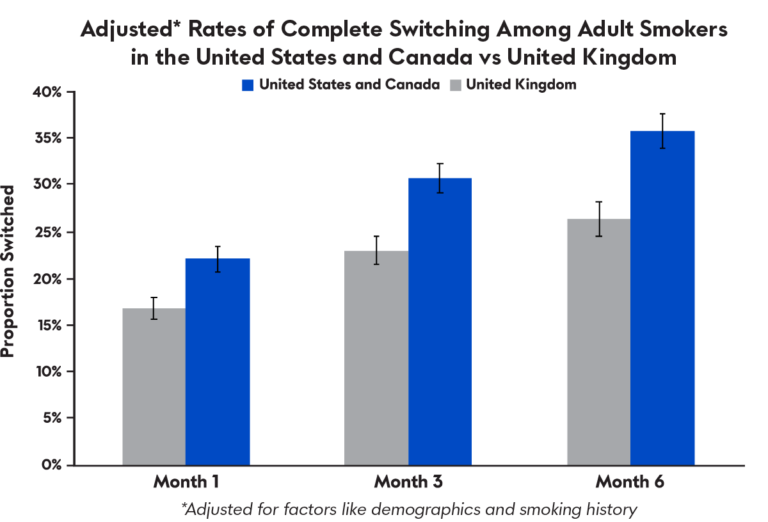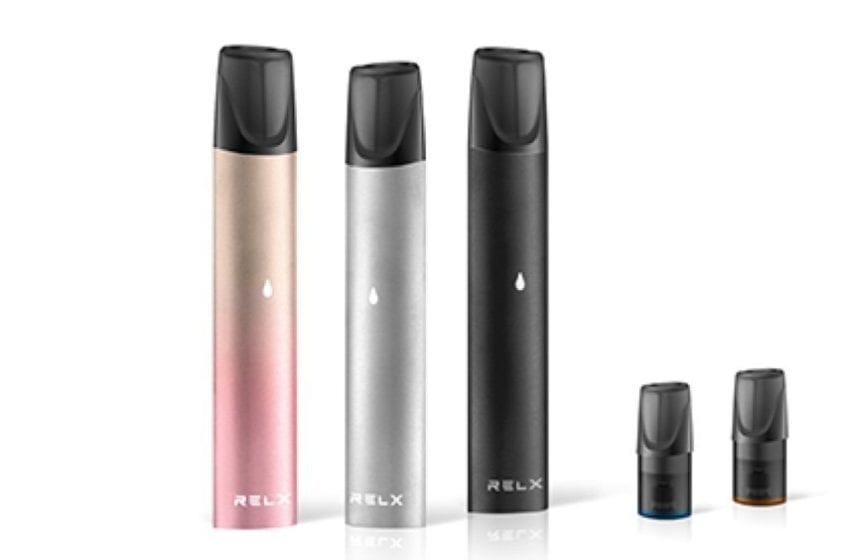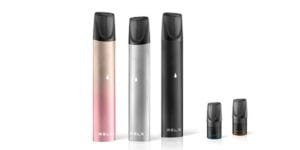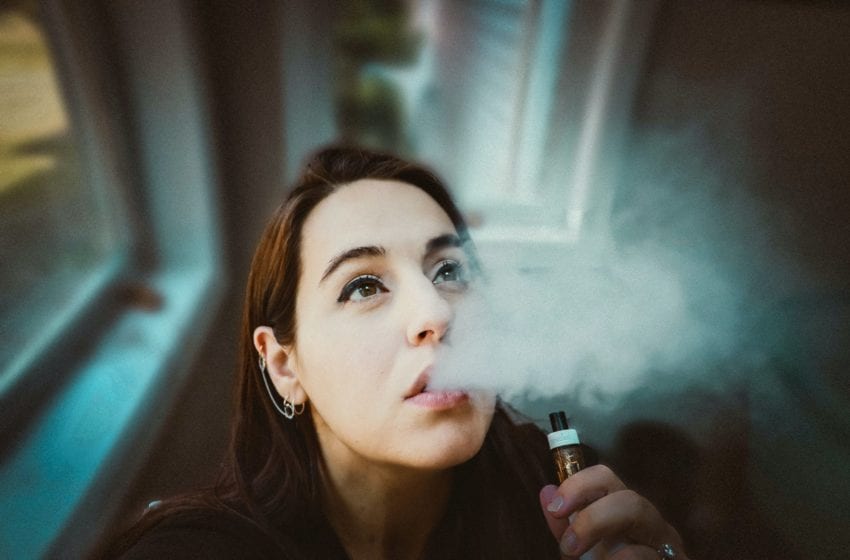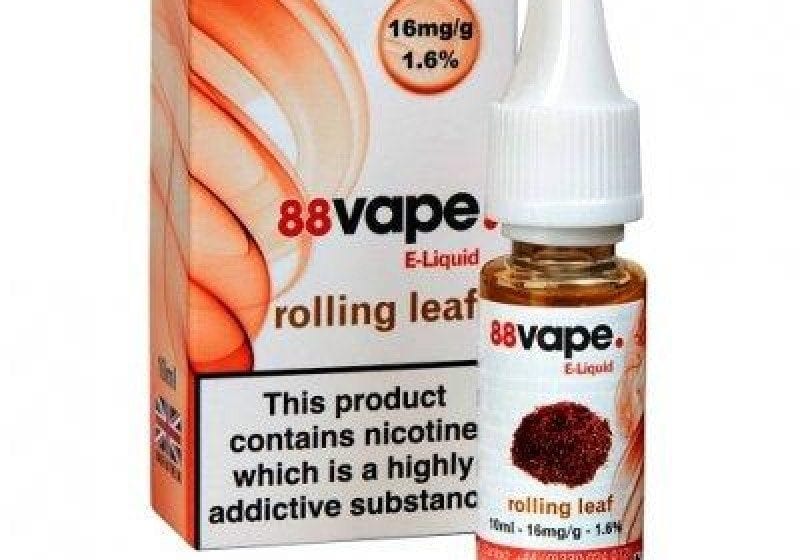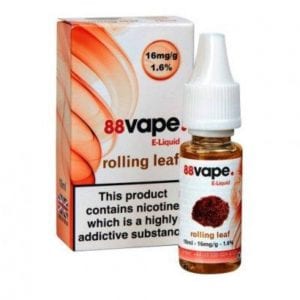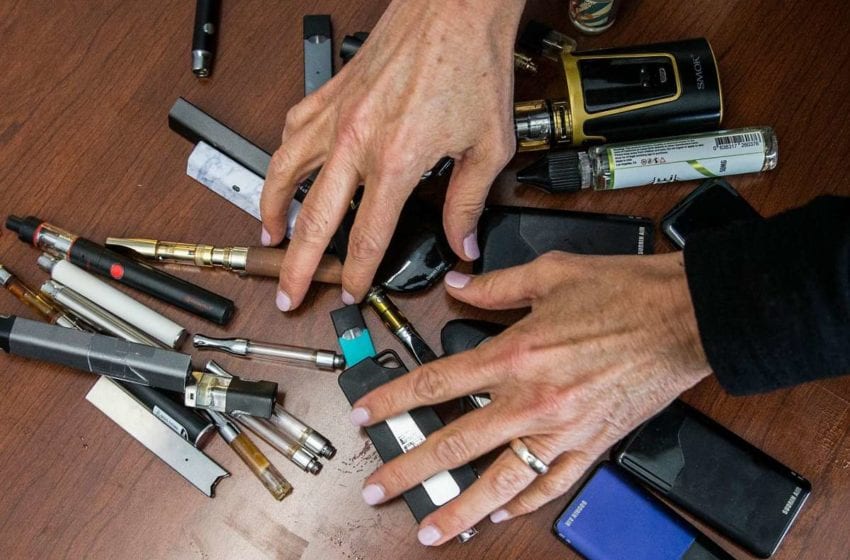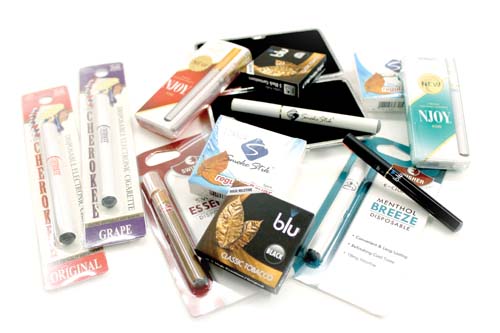Proposed vaping regulations are now open for public comment in New Zealand. The country’s Ministry of Health is encouraging New Zealanders to have their say and provide feedback on draft regulations for electronic nicotine delivery systems (ENDS) under the Smokefree Environments and Regulated Products Act. The online consultation opens today.

An amendment to the Smokefree Environments and Regulated Products Act 1990 (the Act) commenced on 11 November 2020. “The amendment means that vaping products are now controlled in a similar way to tobacco products,” Jane Chambers, group manager at the Ministry of Health, said in a press release. “However, new regulations are required to fully deliver the changes sought by the Government and to support the right settings for the legislation.”
The health agency is seeking public feedback on the draft regulations because “if we want to get it right, it’s important everyone has a chance to have their say.” Feedback is expected to help shape the final regulations.
“The proposed regulations cover a range of areas including the display of vaping products in retail stores and websites; the use of harm reduction statements in retail stores and websites; the display of R18 notices at vaping points of sale; packaging requirements for vaping products; and the responsibilities of manufacturers and importers who intend to sell vaping products or smokeless tobacco products.
“I encourage people to read the draft regulations and provide feedback using the online tool or download the feedback form and email it to vaping@health.govt.nz.
“This consultation is an important step towards better supporting smokers to switch to regulated products that are less harmful than smoking and to protect children, young people and non-smokers from the risks associated with vaping and smokeless tobacco products,” Chambers said.
The consultation closes at 5pm on March 15, 2021. The final regulations will be announced sometime after the close of consultation. It is expected they will take effect in August 2021, with anonymous submissions published on the Ministry of Health website.




